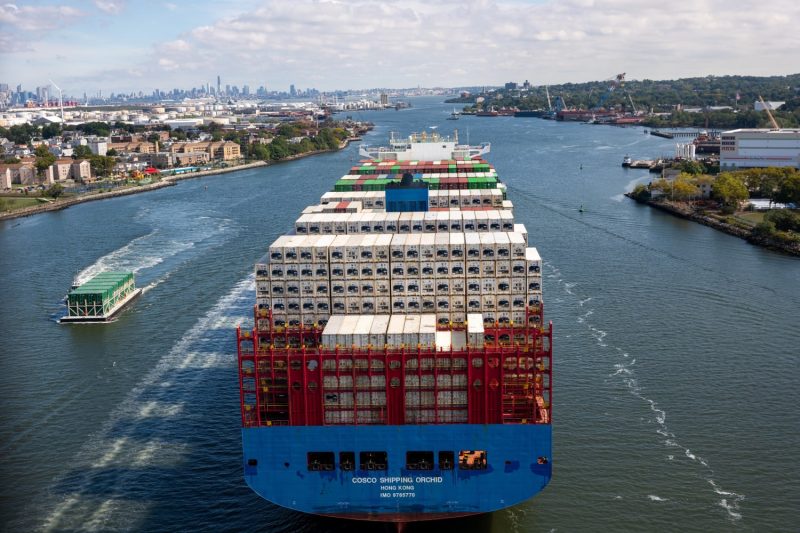
Strike Paralyzes East and Gulf Coast Ports as Thousands of Workers Walk Out
The recent shutdown of East and Gulf Coast ports due to a mass strike by thousands of workers has sent shockwaves through the shipping industry and raised concerns about the impact on global trade. The labor strike, which was prompted by disputes over working conditions, wages, and benefits, has paralyzed key ports along the Eastern and Southern coasts of the United States, causing significant disruptions to supply chains and delaying the movement of goods.
The closure of these ports has had far-reaching consequences for various stakeholders, including shipping companies, manufacturers, retailers, and consumers. The inability to unload cargo and transport goods has led to mounting backlogs, increased shipping costs, and shortages of essential products. Businesses that rely on the timely delivery of goods are facing challenges in meeting customer demands and maintaining their operations.
Moreover, the shutdown of the ports has also affected international trade and commerce. With key entry points for goods into the country being unavailable, importers and exporters are struggling to fulfill orders and fulfill contractual obligations. The disruption in supply chains has disrupted the flow of commodities and raw materials, leading to potential economic repercussions in both the short and long term.
In response to the strike, negotiations between labor unions, port authorities, and shipping companies are underway to address the grievances of the workers and find a resolution to the ongoing dispute. Efforts are being made to reach a compromise that ensures fair treatment and compensation for the workers while also safeguarding the interests of businesses and maintaining the flow of goods through the affected ports.
As the strike continues to impact operations at East and Gulf Coast ports, all parties involved must work collaboratively to find a swift and equitable solution to the impasse. It is essential to prioritize the well-being of the workers, ensure the smooth functioning of port operations, and minimize disruptions to supply chains to prevent further economic hardships and maintain the stability of global trade. The outcome of the negotiations and the eventual resolution of the strike will have far-reaching implications for the shipping industry and the broader economy. It is imperative that all stakeholders remain engaged and committed to finding a sustainable and mutually beneficial agreement that addresses the concerns of the workers while upholding the interests of the industry as a whole.
